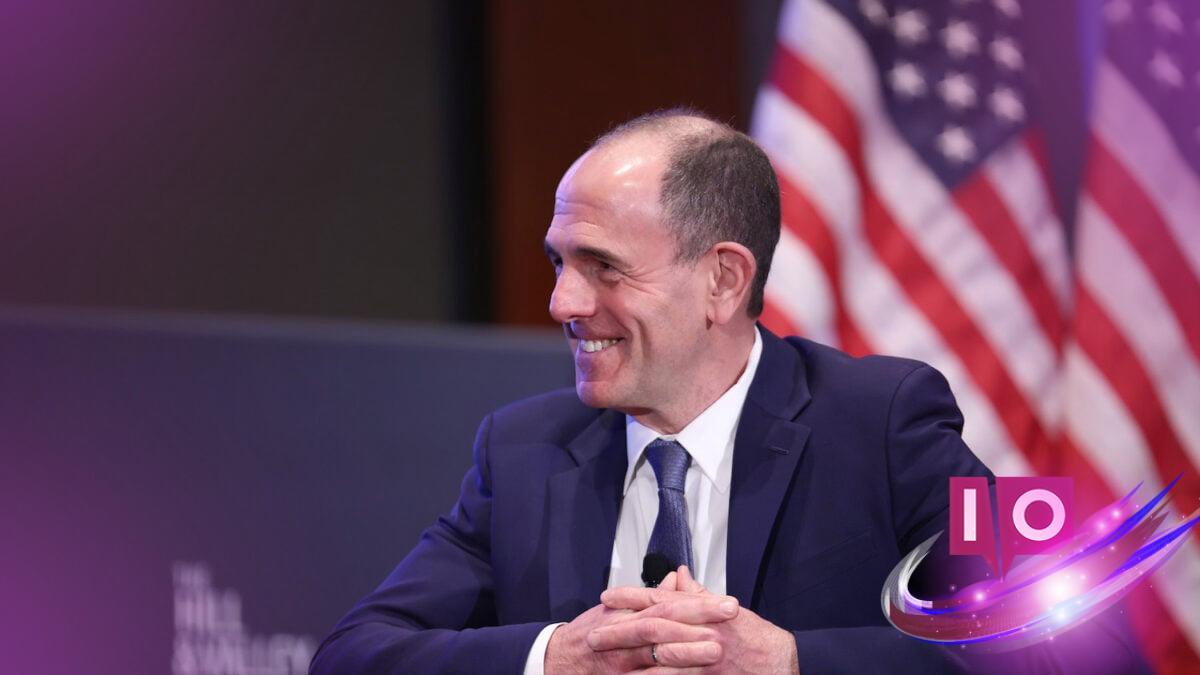In today’s fast-paced world of online real estate, change is often on the horizon. If you’re an employee at Opendoor, you may want to consider refreshing your resume. Keith Rabois, the chairman of the company’s board, recently hinted at drastic workforce cuts that could affect nearly all employees.
During a recent appearance on CNBC’s “Squawk on the Street,” Rabois—a prominent figure in the tech industry and a member of the PayPal Mafia—expressed his view that the majority of the 1,400 employees at Opendoor may not be essential. “I don’t know what most of them do. We don’t need more than 200 of them,” he stated, attributing the potential downsizing to advancements in AI and technology that he believes simplify operational efficiency.
This bold claim comes despite Opendoor’s impressive stock performance, which has surged by 500 percent this year. This growth is partially fueled by a surge of retail investor interest, sparked by social media discussions around the company, leading it to be labeled a “meme stock,” a classification Rabois disputes.
Could Rabois’ notion of a leaner workforce be a strategy to enhance profitability? Firing a significant portion of the staff could indeed raise profitability margins, especially in a highly competitive market.
In addition to the stock surge, investor confidence was buoyed by the recent appointment of Kaz Nejatian, a former executive from Shopify, as the new CEO. CNBC reported that Rabois’ commitment to transforming the company follows the exit of Carrie Wheeler, Opendoor’s previous CEO, under pressure from investors. Following the leadership change, the stock soared by 78 percent, although it did drop by 13 percent the following day.
Rabois has asserted that the culture at Opendoor needs significant change, describing the previous management as “broken.” He criticized the remote work model stating, “This company was founded on the principle of innovation and working together in person. We’re going to return to our roots.” His sweeping comments also targeted the company’s previous diversity, equity, and inclusion initiatives, indicating a shift in approach under his leadership.
What does this mean for the future of Opendoor and its workforce? Only time will tell how successful these transformations will be.
Will cutting jobs improve Opendoor’s performance? Rabois believes that reducing the workforce will streamline operations and profits. However, this approach often raises questions about the long-term sustainability of a company.
What role does AI play in Opendoor’s strategy? Rabois points to the integration of AI as a driving factor behind the necessity of scaling down the workforce, asserting that technology fosters efficiency.
What impact does leadership change have on stock performance? Leadership changes can significantly influence market perception, and in Opendoor’s case, new leadership ignited optimism among investors, reflected in the stock price increase.
How does employee morale factor into these decisions? While efficiency is crucial, high turnover can lead to a decline in morale, which could affect productivity and innovation.
As the landscape of online real estate continues to evolve, it’s essential for both employees and investors to stay informed about corporate strategies and their implications. For more insights on market trends and updates, check out additional resources at Moyens I/O.
